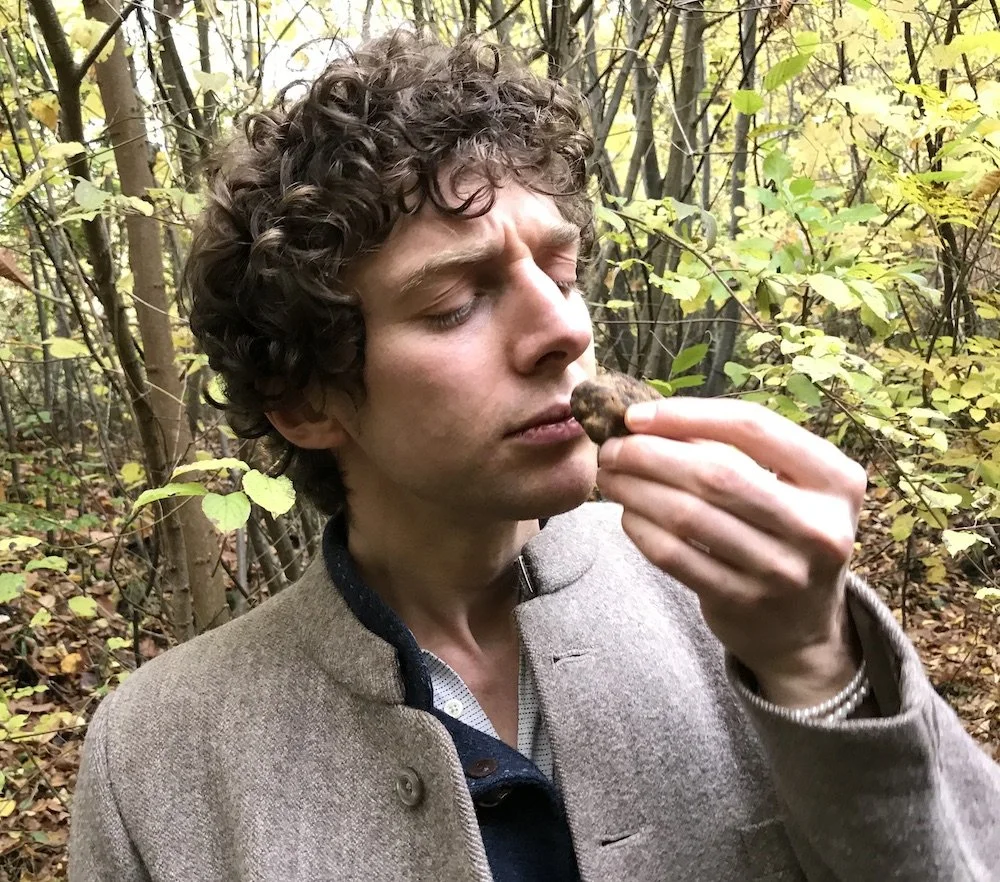MERLIN DONALD
/Psychologist, Neuroanthropologist & Cognitive Neuroscientist
Author of Origins of the Modern Mind, & A Mind So Rare
Lots of people have written books both optimistic and pessimistic about the Internet. It's a wonderful thing, it gives an opportunity to broaden our experience. I think in many ways the Internet is the only hope if you want to eliminate racism and want to raise the bar across the world, but at the same time, the inequalities are completely ridiculous. They've reached a point of insanity, and we have a moral issue. Is one person ever worth twice as much as another person? Can you justify one human being owning 10 times as much as another person? I don't think you can. I don't think that the president of the biggest cooperation in the world is worth 10 times the poorest person in the world, but that's not what we have. Sometimes he may be “worth” a million times more, a hundred thousand times more. That’s crazy.



















